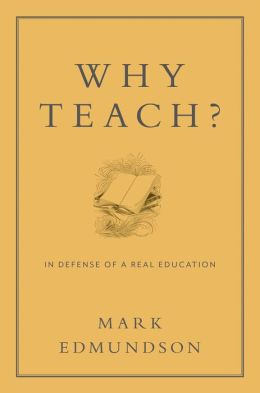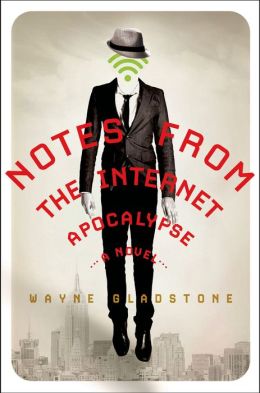First, we think better of ourselves than we should. That's an understatement, perhaps. Second, we think we know ourselves, but we don't. Donald Antrim's stories play on these ironies like a San Francisco busker on an two-stringed erhu, sawing away at the awkward and self-defeating behaviors that resonate from our overestimation and ignorance of self.
Sometimes the effect is comic, as in this description of the genesis of an ill-fated outing in "Pond, With Mud."
He had taken the afternoon off from his job at the printing press and gone with the boy in tow to catch the two o'clock train to the zoo that had recently opened on the outskirts of town, on marshlands that had been home to a chemical-solvent extraction plant that had burned to the ground. Immediately following the zoo's inaugural ribbon-cutting ceremony - or relatively soon after, to be more precise - strange things had begun to happen to the more esoteric wild animals. Why was it that the rare and endangered species, the ones you'd never heard of, all seemed to have compromised immune systems? At any rate, it had been reported in the papers that the board of governors and the director of the zoo were soon to come under indictment for cruelty to animals and for various misappropriations of municipal funds. The zoo's future was in question. The time for a visit was now.Now, the faulty logic at the paragraph's end does give us a chuckle, but it also gives us pause when we recall that the man will be visiting the zoo "with the boy in tow." Yet the details Antrim assembles generate an air of exaggeration that accentuates the humor: the incinerated chemical plant, animal cruelty at a zoo, embezzlement. Antrim's stories stand out from the trend among modern fiction writers to torture their poor creations precisely because he grants them some lightness to accompany the characters' unbearable being. The situations - grim, somewhat shocking - seem not so dark because of the dark humor Antrim wraps the plot in, like organ meat in clean butcher's paper.
In "Another Manhattan," the simple act of bringing flowers for his girlfriend at a restaurant date creates such abominable little tragedies that we feel for the poor sap who thinks flowers can fix relationships.
He parted the curtains. "Pardon me," he said to the people seated near the entrance. Long- and short-stemmed flowers alike had snagged on the drapes. ... Jim spun left then right, enshrouding himself - and the bouquet - within the folds of drapery fabric. There followed a flurry of petals. The rose thorns came loose; the bouquet's topmost stems sprung free. ... "You're bleeding," Lorenzo told him. Jim saw the blood spotting Lorenzo's handkerchief. Lorenzo said, "You have a lot of scratches. You look like you've been in a fight with some squirrels or something." ... He explained to Lorenzo that the flowers were a gift for Kate ... He clutched the vase. His pants were wet from water that had sloshed over the rim. Water stained his shoes. He could see tiny snags marking the sleeves of his overcoat and the front of his suit. How frustrating, after having labored so hard to avoid the thorns. His clothes would have to go to a reweaver, he thought. Then his thinking disintegrated into bitter resignation. Everything he touched was ruined. The flowers were almost destroyed.The scene plays like something out of Chaplin - indeed, most of Antrim's antiheroes smack of the Little Tramp, drained of any sentimentality. The antagonist in each story is none other than the man himself, the woman herself, and they all end up sounding like the Apostle Paul: "I do not understand what I do. For what I want to do I do not do, but what I hate I do."
Antrim is also a master of the storytelling craft. specifically in his use of details that make an entire world real for his readers. In the title story, the main character starts out his debacle with a simple garbage run:
... he was on his way to the dump to throw out the drawings and paintings that Julia had made in the months when she was sneaking off to sleep with the man she finally left him to marry, along with the comic-book collection - it wasn't a collection so much as a big box stuffed with comics - that he'd kept since he was a boy. He had long ago forgotten his old comics; and then, a few days before, he'd come across them on a dusty shelf at the back of the garage, while looking for a carton of ammo.How perfect a string of beads: the artwork, the infidelity, the comic books, a collection that is actually a pile, a forgotten childhood, a dusty search, a box of bullets. In two complex but ordinary sentences, we see deeper inside this man than he sees into himself.
And that, ultimately, is the hypothesis of these stories: if we comprehend these people better than they know themselves, are we the same way? Do the people we know see through our masks? Are we all a bit like the emperor who was so sure not only of his clothing, but of his superior intelligence, while the children stand by laughing at our ridiculous bareness and barrenness? Can we not see beyond our noses because of that shimmering emerald light in the air?


